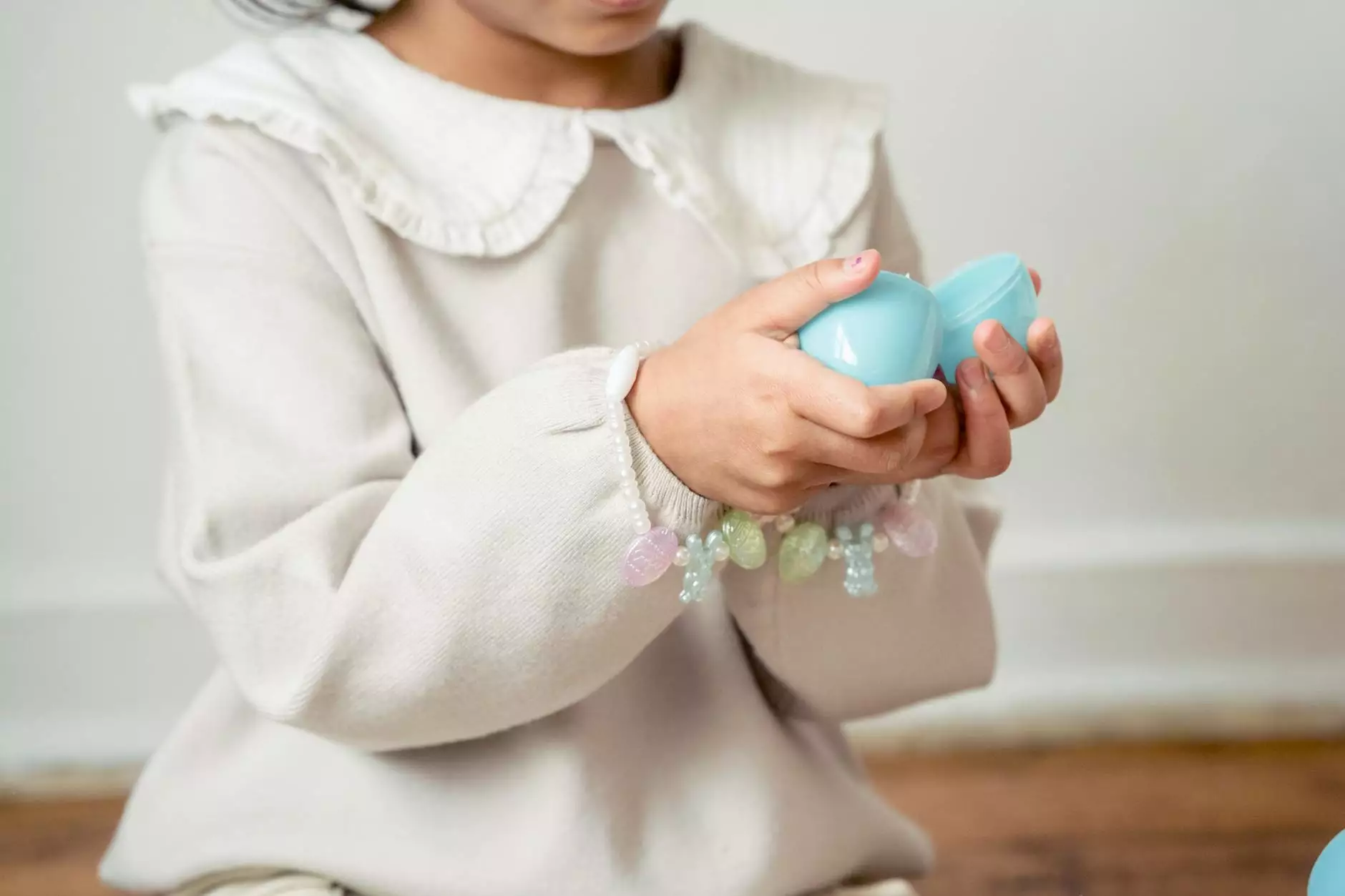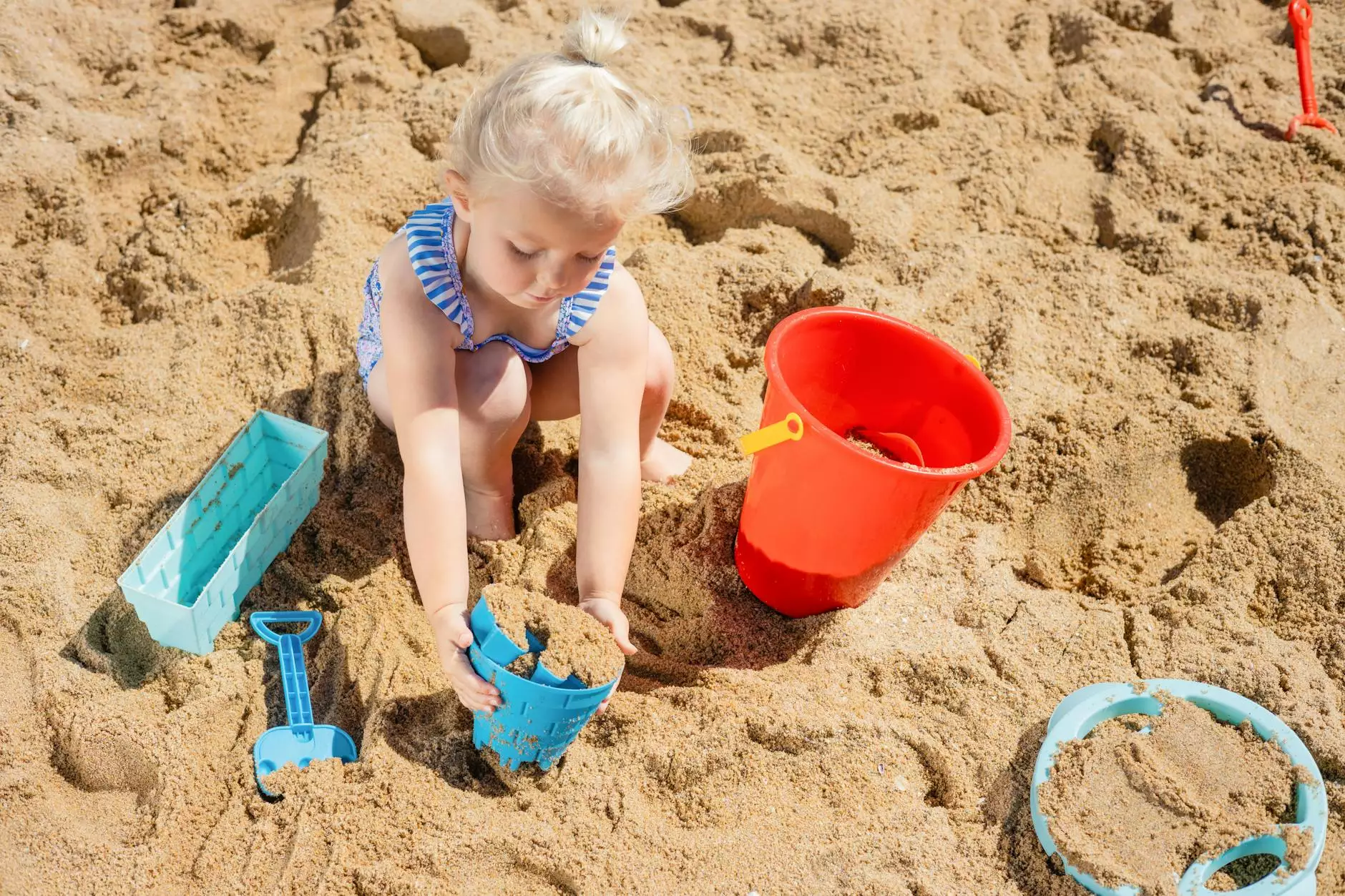Open Ended Play – An Important Part of Child Development
Parenting
Introduction
Welcome to Holly Katz Performance Coaching, a leading consulting and analytical services provider in the field of child development. In this article, we will explore the concept of Open Ended Play and delve into its remarkable impact on the growth and development of children.
Understanding Open Ended Play
Open Ended Play refers to engaging in play activities that have no fixed rules, structure, or predetermined outcomes. It involves using one's imagination, creativity, and critical thinking skills to explore, experiment, and interact with objects, materials, and other individuals freely.
The Benefits of Open Ended Play
Open Ended Play is more than just a form of entertainment; it plays a vital role in supporting various aspects of child development. Let us delve into some of its incredible benefits:
1. Enhances Creativity and Imagination
When children engage in Open Ended Play, they have the freedom to imagine and create their own stories, scenarios, and worlds. This fosters their creativity, allowing them to think outside the box and envision endless possibilities.
2. Develops Problem-Solving Skills
Without predefined rules or solutions, Open Ended Play encourages children to think critically, make decisions, and solve problems independently. Through trial and error, they learn valuable problem-solving skills that are essential for future success.
3. Promotes Social and Emotional Development
Open Ended Play involves collaboration, negotiation, and cooperation with other children or adults. By engaging in pretend play or building structures together, children learn important social skills, such as sharing, communication, empathy, and teamwork.
4. Stimulates Cognitive Development
During Open Ended Play, children are constantly exploring, experimenting, and discovering new things. This stimulates their cognitive development by enhancing their curiosity, concentration, memory, and overall cognitive abilities.
5. Encourages Language and Communication
Engaging in Open Ended Play often requires children to communicate their ideas, negotiate roles, and express themselves effectively. This promotes language development, vocabulary expansion, and communication skills, both verbal and non-verbal.
How Holly Katz Performance Coaching Can Help
At Holly Katz Performance Coaching, we understand the significance of Open Ended Play in shaping a child's overall development. Our consulting and analytical services are designed to provide comprehensive support to parents, caregivers, and educators who want to create an optimal environment for open-ended play.
1. Personalized Coaching and Guidance
Our experienced team offers personalized coaching sessions to understand your child's unique needs and challenges. We provide guidance on incorporating open-ended play into their daily routine, selecting appropriate materials, and designing play spaces that inspire exploration and creativity.
2. Interactive Workshops and Training
We conduct interactive workshops and training sessions for parents, caregivers, and educators. These aim to enhance their understanding of open-ended play, provide practical strategies for incorporating it into different settings, and highlight the benefits it offers for child development.
3. Resources and Recommendations
Our extensive collection of resources includes curated lists of open-ended play materials and toys, recommended books, and online platforms that promote open-ended play. We provide valuable recommendations based on the age, interests, and developmental stage of your child.
4. Ongoing Support and Collaboration
Holly Katz Performance Coaching is committed to supporting you throughout your parenting or caregiving journey. We offer ongoing support, collaboration, and assistance, ensuring that you have the necessary tools and knowledge to foster open-ended play and promote your child's holistic development.
Conclusion
Open Ended Play is a powerful tool for nurturing a child's imagination, problem-solving skills, social interactions, and cognitive abilities. At Holly Katz Performance Coaching, we are dedicated to empowering parents, caregivers, and educators with the knowledge and resources needed to integrate open-ended play effectively into a child's life. Embrace the benefits of open-ended play and unlock your child's true potential!




